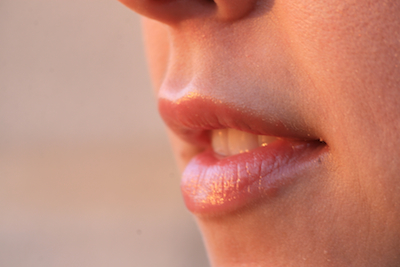Lip reading : Sir John Soane’s Museum

Lip reading : Walks & talks for lip readers
Sir John Soane’s Museum, 3 December 2013 & Programme 2014
We are pleased to attach our programme for next year and hope there will be something for everyone and even a few places you have not visited before! We have done our best to spread the walks for lip readers across a wide area of London and, as usual, the January and November walks will spend less time walking and more time inside an interesting museum or gallery in some way linked to the area of the walk.
We are sure you will find the January walk of particular interest in this important centenary year of the beginning of the First World War. Later in the year we would like to join up with the NADP Rawson Bequest programme, and maybe also the Sir John Soane’s Museum, in a visit to Bentley Priory, near Stanmore, the WW2 home of Bomber Command and an important building designed by Sir John Soane. More news on that later, but in the meantime do ‘google’ Bentley Priory and get an idea of what it looks like and what is happening there next year.
As this is a programme for the whole year and Transport for London only issue a 6 month notice of weekend engineering work we may well have to change the meeting point for some of the later walks, but we will keep you informed. If you know, find out about or read something you want to pass on please don’t hesitate to let us know, whether it is transport hitches or interesting information in general, we are always pleased to have it. Several of our walks appear on the programme as a result of your feedback or requests, so please keep them coming!
We are also attaching a flier from the Sir John Soane’s Museum for their last lipspeaker supported evening of 2013. This will be a very interesting talk by Martin Glover about architectural production. As there are a very limited number of places available for lip readers, please do book your place with Kenn Taylor as soon as possible – see Oct-Dec Events for D/deaf and hard of hearing for details.
We are looking forward to seeing many lip readers as possible at Canary Wharf next Sunday for our last walk of 2013 and wish everyone a very happy holiday season and best wishes for a busy and interesting 2014!
Other lip reading events
Oct-Dec Events for D/deaf and hard of hearing
Walks &Talks Programme 2014 for those who are good at lip reading
